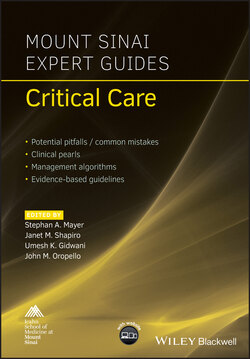Читать книгу Mount Sinai Expert Guides - Группа авторов - Страница 135
Enteral nutrition
ОглавлениеNutrition provided via the gastrointestinal tract is the preferred route for nutritional support. Its benefits include a more physiologic preparation, less cost, and fewer associated metabolic complications.
Enteral nutrition allows for preservation of mucosal integrity and stimulation of protective gut functions including immunomodulatory and endocrine effects.
Enteral nutrition has associated potential risks of aspiration, malabsorption, gut ischemia, and variable tolerance to administered feeds.
In the absence of contraindications, enteral nutrition should be started within 48–72 hours of ICU admission. Early feeding is associated with lower gut permeability, smaller energy deficits, and concomitant reductions in morbidity and mortality.
For initiating enteral feeds a temporary enteral access is secured via a nasogastric feeding tube. In patients with anticipated prolonged inability to swallow, a percutaneous endoscopic gastrostomy (PEG) tube can be utilized.
In patients with gastric distension, poor motility, or concern for aspiration, post pyloric feeding tubes can be used instead of gastric feeding tubes.
